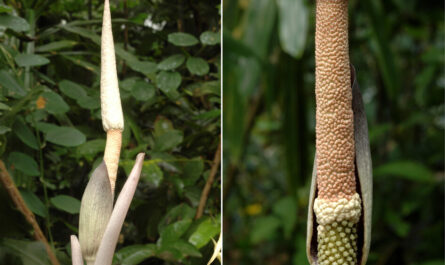A recent study conducted by researchers at the Graz University of Technology in Austria has established a definitive link between consuming fruits and vegetables and the diversity of bacteria found in the gut microbiome. This groundbreaking research highlights the positive impact that fruits and vegetables have on the bacterial composition of our gut.
The human microbiome has become a focal point of scientific research, with studies demonstrating its connection to various aspects of health, including cancer, personality traits, memory, and diseases like diabetes and multiple sclerosis. Although it is commonly known that the mother’s microbiome is transferred to her baby at birth and enhanced through breastfeeding, the question remains: what other sources contribute to the gut microbiota? This study shows that fruits and vegetables are indeed one such source.
To conduct the study, the researchers compiled a comprehensive catalog of microbiome data from 156 different fruits and vegetables. They then compared this data with information obtained from two separate studies on human intestinal flora, one involving babies and the other focusing on adults. Both studies also collected data on participants’ dietary habits.
By analyzing the metagenome data from around 2,500 stool samples collected in the human studies, the researchers were able to identify the presence of fruit and vegetable microflora in the gut. On average, fruit- and vegetable-associated bacteria accounted for 2.2% of the overall bacterial diversity.
In addition to establishing the importance of fruits and vegetables as a natural source of gut microbiota, the researchers underscored the significance of implementing sound agricultural practices. They stated that factors such as farming practices, breeding methods, and post-harvest treatments can directly or indirectly affect the composition of the gut microbiota by influencing the indigenous fruit and vegetable microbiota.
Looking ahead, the researchers are already working on an international study in which participants will consume the same diet for a specific period of time, after which their stool samples will be analyzed. Depending on the findings, there may be opportunities to develop personalized diets that cater to individual needs.
One of the study’s corresponding authors, Gabriele Berg, emphasized that each fruit and vegetable possesses a unique microbiome. This suggests that personalized diets could potentially be created based on an individual’s specific microbiota.
These findings reinforce the importance of incorporating a wide variety of fruits and vegetables into our diets. Not only do they provide essential nutrients, but they also contribute to the diversity and overall health of our gut microbiome. By understanding and harnessing the potential of our gut microbiome, we may be able to unlock a new level of personalized nutrition and improve our overall well-being.
Note:
- Source: Coherent Market Insights, Public sources, Desk research
- We have leveraged AI tools to mine information and compile it



